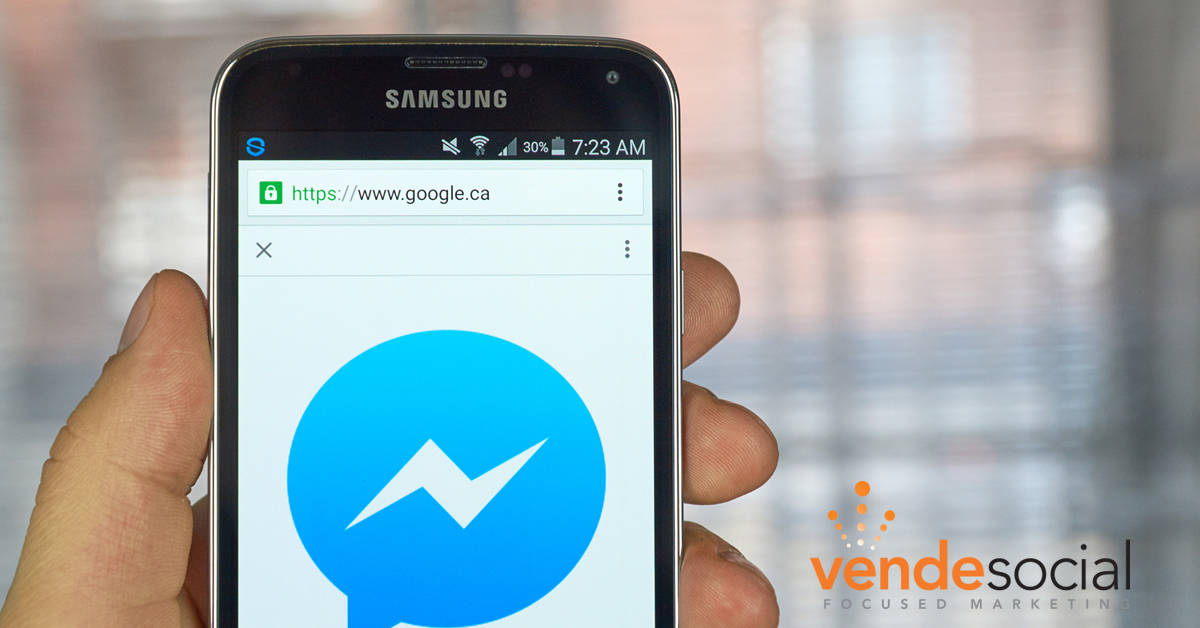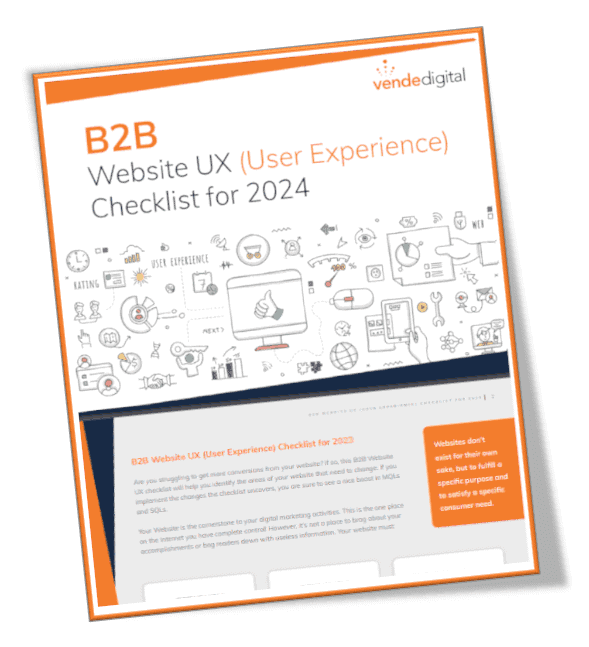Facebook Messenger isn’t just for Facebook anymore. So where is Messenger going? To businesses’ own websites. Facebook has announced the launch of a new Messenger chat plugin for websites which allow customers to talk directly with businesses on their websites using Messenger. Currently in closed beta testing, version 2.2 of its Messenger platform will help businesses to “reach their customers in new and engaging ways”. Facebook’s Messenger chat plugin for websites will allow conversations to be able to continue across web, mobile, and tablet devices.
The Facebook Platform
Most of the approximately 1.2 billion monthly Messenger users are individuals. But that hasn’t stopped Facebook from refining its messaging platform to be more business-friendly. In April, Facebook introduced the Discover tab and improved chatbot functionality. Both updates focused on improving business-customer relationships. The newest Messenger Chat plugin, called Customer Chat, is the newest addition to this business-friendly approach.
While plenty of other customer support and chat plugins for websites already exist, Facebook’s launch comes with one big advantage, its platform and reach. The plugin has been highly requested from business pages. The ability to use Messenger opens businesses up to an application reaches a huge worldwide audience.
The Messenger plugin also supports features including payments, chatbots, and rich media. With these features already supported in the beta version of the website plugin, and new experiences to be added in time, the plugin will be as “feature-rich” as the Messenger app itself.
Easy Conversation
Using the plugin, a conversation can begin on a business’s website and then seamlessly transition to Messenger, or the other way around, without losing any of the chat history.
Similar to other web chat systems, the Messenger chat plugin is designed to hover over top the business’s web page. The plugin is indicated by the familiar blue Messenger icon. When a customer starts a chat session with the business they will see the same Messenger interface that they are already familiar with from using the app on their mobile devices.
When customers leave the website they will still be able to view or continue their conversation on their phone or tablet using their Messenger app. Using the plugin, the same conversation can go back and forth between the website and Messenger. Since so many customers do everything on mobile now the update, while business-friendly, also makes it easier for customers to remain in contact with a business however it’s most convenient for them. Facebook’s customer chat plugin is designed for desktop, mobile, and tablet.
Persistent conversations are also a great asset for businesses. It allows a business to keep a record of the entire interaction, making sure they don’t lose track of the original request or complaint. Businesses can set up Customer Chat up for sales, service or whatever they’d need live chat for.
Platform Integration
For businesses that already have a large Facebook presence and regularly engage with customers through their Facebook Page, the Customer Chat plugin for their website would be a natural fit. They wouldn’t have to maintain a separate channel for user inquiries from their website. Through implementing chatbots the plugin could also take some of the strain off the company’s support email. Many websites direct customer questions to a customer support email address. Customer Chat provides the potential for those interactions to be automated thanks to bots that can be programmed to answer common user questions. Bots can also deliver order status updates and schedule appointments, all during the hours when a business is closed.
But for websites that use their chat systems to do troubleshooting and tech support, the fit might not work as well. The Customer Chat plugin doesn’t connect with other backend support systems. The plugin also lacks some of the robust analytical tools that professional systems can offer. Customer Chat might also not be ideal for businesses that are cataloging online leads through chat.
More Features
The Customer Chat plugin wasn’t the only new feature to arrive with Messenger 2.2. Additional new features include built-in NLP in 10 new languages and the opening of betas for the Broadcast API and Handover Protocol. The Broadcast API gives businesses like news outlets the ability to send one-to-many messages to subscribers. And it has been announced that there are plans to give all businesses the ability to send sponsored messages.
The ability to use the Messenger app on a business’s own website could be an incredible new way for businesses to reach and communicate with their customers. While the Facebook Facebook’s Messenger chat plugin for websites is currently only available in closed beta, businesses interests in using the customer chat plugin can join the waitlist.
Sign up for a free website analysis

